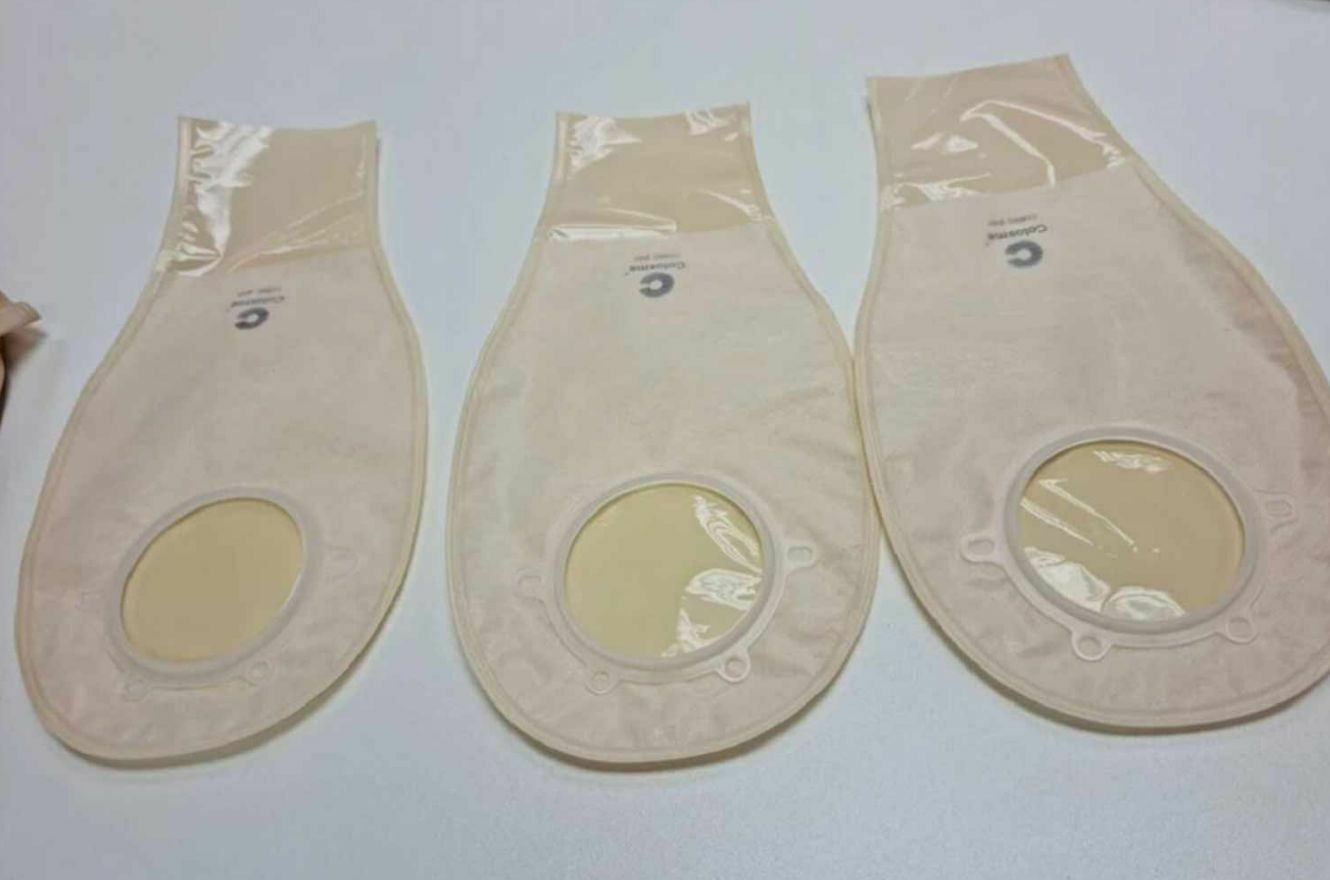Thai NHSO launches homegrown rubber prosthetic fistula, expects 540 million baht savings

Moving towards medical self-sustainability while concurrently conserving expenses, Thailand’s National Health Security Office (NHSO) has come up with an innovative solution.
The NHSO has launched a new, locally made prosthetic fistula prepared from natural rubber for those participating in the Universal Healthcare (UHC) programme, also commonly referred to as the “gold card” scheme. This new initiative aims at reducing the medical budget, potentially saving over 540 million baht.
A visit was made by Athaporn Limpanylers, the deputy secretary-general of the NHSO, to inspect these fistulas that would be provided to UHC participants in Yala and Songkhla. The inspection took place over two days, from July 18 to 19.
This prosthetic fistula’s creation was spearheaded by the National Research Council of Thailand (NRCT) and was brought to Athaporn’s attention by Worawit Wanichsuwan, the leading research expert at the Medical Institute of Prince of Songkla University (PSU). The process, which used natural rubber sourced from the country’s southern region, took approximately six years to complete. Worawit points out that the decision to use the south’s natural rubber was a direct consequence of the compatibility of the regional environment and climate.
“With this product now available in our market, the NHSO is keen to invest in bulk purchases. Not only would this support our medical industry by promoting the use of Thai-made products, but our UHC subscribers would also benefit from having access to a prosthetic fistula with no charge.”
Previously, Thailand was heavily reliant on importing similar yet considerably costlier prosthetic fistulas from abroad. Given that an individual patient often requires five sets of such a prosthetic, each costing around 300 baht, the costs quickly mounted. Annually, around 54,000 gold card holders require a prosthetic fistula and additional assistance with excretion, reported Bangkok Post.
Further estimations revealed the shocking potential expenditure – if all 150,000 members of the UHC programme used an imported prosthetic fistula for a year, the NHSO would be faced with a bill reaching 2.25 billion baht. Worawit added…
However, the tide has turned with the introduction of the new domestically produced product. “The cost of our fistula is just 190 baht, which equates to significant savings.”
The deputy secretary-general of the NHSO, Athaporn Limpanylers, put considerable emphasis on the importance of utilising innovative home-grown products to replace imports. He believes that this move will not only result in financial savings but will also stimulate the local manufacturing sector, subsequently giving the Thai economy a much-needed boost.
Latest Thailand News
Follow The Thaiger on Google News:


























